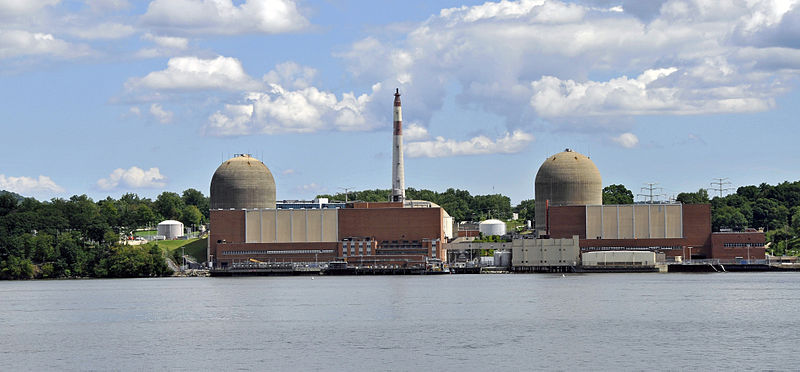Civilization & Energy: Understanding the Thermodynamic Effects Shaping Our World
The relentless march of civilization is inextricably linked to energy. From the earliest fires to modern power grids, our progress has been fueled by harnessing and transforming energy. But this relationship isn't simply about powering our devices; it's deeply rooted in the fundamental laws of thermodynamics, which exert a profound influence on our societies and the planet. Understanding these thermodynamic effects is crucial for building a sustainable future.
The First Law: Energy Conservation and Civilization's Growth
The first law of thermodynamics, the principle of energy conservation, dictates that energy cannot be created or destroyed, only transformed. This simple yet powerful law underpins all aspects of our energy consumption. Our civilization's growth has been a direct reflection of our ability to exploit various energy sources – from wood and coal to oil and natural gas – and transform them into usable forms.
-
Fossil Fuels and the Industrial Revolution: The harnessing of fossil fuels marked a pivotal moment. The vast energy density of these fuels powered the Industrial Revolution, leading to unprecedented technological advancements and population growth. However, this reliance also brought significant environmental challenges.
-
Renewable Energy and a Sustainable Future: As the environmental consequences of fossil fuel reliance become increasingly clear, the shift towards renewable energy sources like solar, wind, and geothermal is accelerating. These sources, while intermittent, offer a more sustainable pathway, minimizing our impact on the planet while adhering to the fundamental principle of energy conservation.
The Entropic Reality: The Second Law and its Societal Implications
The second law of thermodynamics introduces the concept of entropy, the measure of disorder in a system. It states that the total entropy of an isolated system can only increase over time. This has profound implications for our civilization:
-
Energy Efficiency and Waste: Every energy conversion process leads to some energy loss as heat, increasing the overall entropy. This means that no energy conversion is perfectly efficient. Minimizing energy waste is therefore crucial for both economic and environmental reasons. Improving energy efficiency is a key aspect of sustainable development.
-
Resource Depletion and Circular Economy: The extraction, processing, and utilization of resources contribute to entropy increase. The linear "take-make-dispose" economic model is inherently unsustainable. The transition towards a circular economy, focused on resource reuse and recycling, is vital to mitigate the entropic effects of our consumption patterns.
The Third Law: Reaching Absolute Zero and Technological Limits
The third law of thermodynamics states that the entropy of a perfect crystal at absolute zero is zero. While seemingly unrelated to societal issues, it highlights the inherent limitations in achieving perfect efficiency. No process can achieve 100% energy conversion, placing practical constraints on technological advancements.
-
Technological Innovation and Energy Efficiency: Despite these limitations, technological innovation continues to push the boundaries of energy efficiency. Advances in materials science, engineering, and computing continually improve the efficiency of various energy technologies.
-
The Pursuit of Sustainable Solutions: Understanding the limitations imposed by the laws of thermodynamics emphasizes the necessity of adopting holistic strategies for sustainable development. This encompasses not just technological advancements, but also behavioral changes, policy adjustments, and international cooperation.
Conclusion: Thermodynamics and the Future of Civilization
The laws of thermodynamics are not just abstract scientific principles; they are fundamental realities shaping the trajectory of our civilization. Our ability to harness and utilize energy while minimizing the entropic consequences will determine our long-term sustainability. By embracing a deeper understanding of these laws and actively seeking innovative, sustainable solutions, we can navigate the challenges of the 21st century and ensure a prosperous future for generations to come.
Call to Action: Learn more about sustainable energy solutions and contribute to building a more environmentally conscious future. Explore resources from organizations like the and the .
